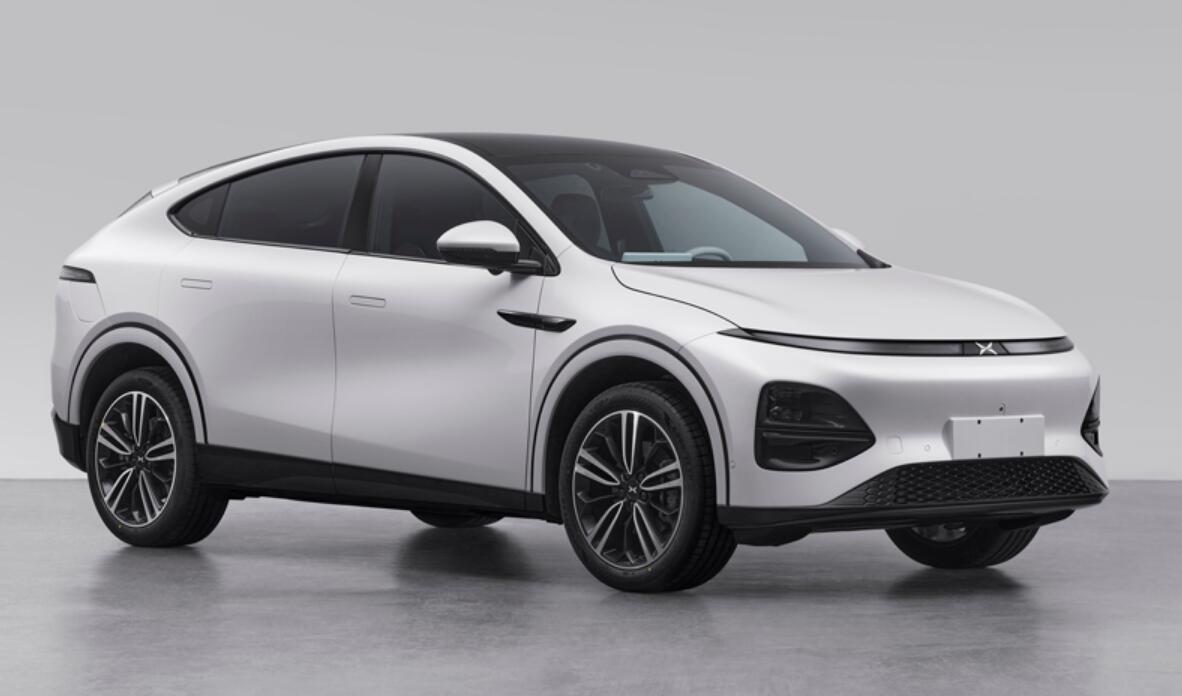The 450-MWh battery storage project will be deployed in Texas and is expected to begin commercial operations in 2024.

(Image credit: CATL)
CATL recently entered into a 450 MWh supply agreement with US battery storage project developer HGP, the battery giant's latest similar agreement with a US company.
The battery storage project will be deployed in Texas and is expected to begin commercial operations in 2024, a CATL press release said yesterday.
CATL will provide HGP with the EnerC, an outdoor premade pod system that offers high safety, long life, and high integration for a variety of weather extremes, according to the release.
The partnership leverages CATL's strengths in battery technology and HGP's strengths in energy infrastructure and storage resource development and will provide a more convenient solution for the market, the release said.
This helps meet the growing demand for clean energy in Texas and North America and highlights CATL's and HGP's commitment to achieving sustainable development, the Chinese battery giant said.
The two companies will also establish a long-term partnership to drive the implementation of utility-scale and distributed energy storage projects up to 5 GWh in size, according to the release.
HGP is based in Dallas, Texas, and has decades of market experience deploying grid investment-grade energy storage assets.
This is CATL's latest agreement with a US company for the supply of energy storage systems.
Last September, CATL announced that it had entered into a partnership agreement with FlexGen, a US provider of energy storage technology platforms and solutions, to supply the latter with 10 GWh of energy storage products over a three-year period.
CATL will supply FlexGen with EnerC, a containerized liquid-cooled energy storage product that can withstand a wide range of weather extremes and keep the system running safely and reliably for 20 years, the power battery giant previously said.
In October 2022, CATL entered into an agreement with Primergy Solar LLC, a US utility and distributed PV and energy storage operator, to exclusively supply batteries for the latter's Gemini PV and energy storage project.
Located near Las Vegas, Nevada, the project will have 690 MWac/966 MWdc solar panels and a 1.416 GWh energy storage system and will be one of the largest PV storage projects in the US when completed, CATL said at the time.
CATL has begun mass production of Qilin Battery, report says
The post CATL reaches deal to supply energy storage systems to US firm HGP appeared first on CnEVPost.
For more articles, please visit CnEVPost.






















